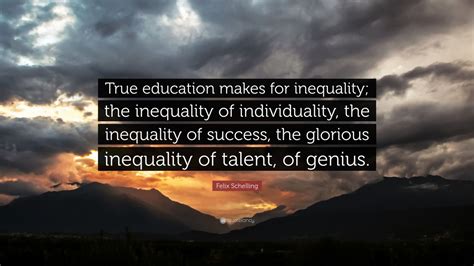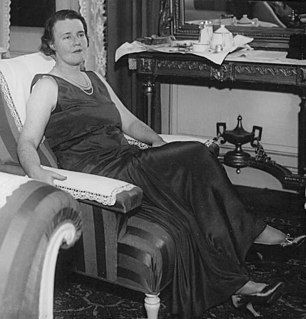A Quote by Zygmunt Bauman
We have a reversal of a longstanding trend, from rising inequality across nations and constant or declining inequality within nations, to declining inequality across nations and rising inequality within them.
Related Quotes
Most people believe that inequality is rising - and indeed it has been rising for a while in a number of rich countries. And there is lots of talk and realization of this. It's harder to understand that at the same time, you can actually have global inequality going down. Technically speaking, national inequality can increase in every single country and yet global inequality can go down. And why it is going down is because very large, populous, and relatively poor countries like India and China are growing quite fast.
In the U.S. when people like me started writing things about inequality, the economic journals had no classification for inequality. I couldn't find where to submit my inequality papers because there was no such topic. There was welfare, there was health issues, there was trade obviously. Finance had hundreds of sub groups.
we should reject the attempt to divert the national conversation away from soaring inequality toward the alleged moral failings of those Americans being left behind. Traditional values aren't as crucial as social conservatives would have you believe ? and, in any case, the social changes taking place in America's working class are overwhelmingly the consequence of sharply rising inequality, not its cause.



































